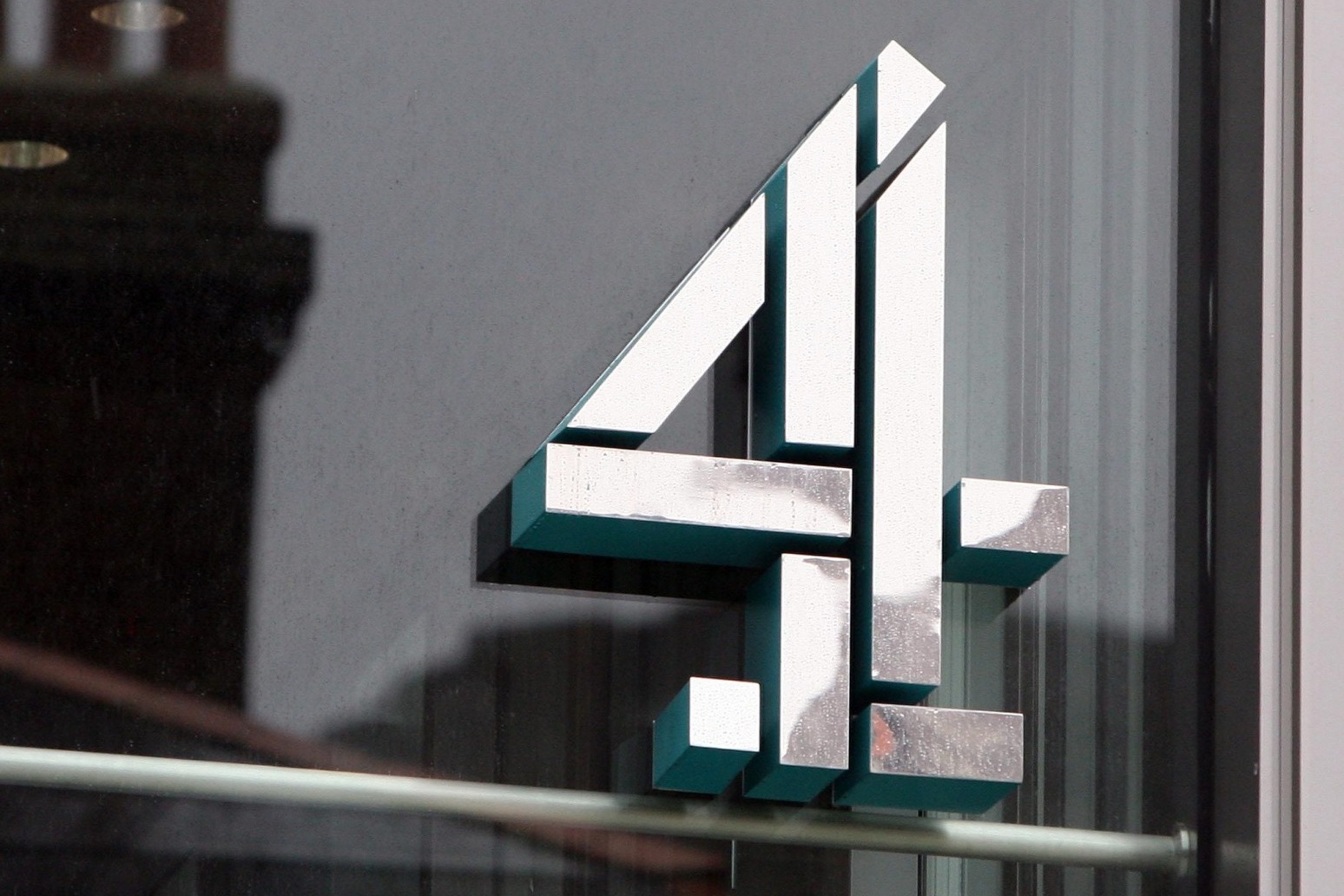
Sale of Channel 4 a ‘high-risk and damaging path’ – chairman
The chairman of Channel 4 has warned the Government against going down the “high-risk and damaging path” of privatising the broadcaster.
In a letter to Culture Secretary Oliver Dowden, seen by the PA news agency, Charles Gurassa said the Government risks “sleepwalking into the irreversible and risky sale of an important, successful and much-loved British institution”.
The Government is consulting on plans to privatise Channel 4.
Mr Gurassa wrote: “We look forward to engaging in a constructive dialogue with you and your department about the role Channel 4 can play in the long-term media landscape and to providing a comprehensive response to the consultation in due course.
“However, we are deeply concerned with the unsubstantiated assertion that a sale of Channel 4 is in the national interest.
“Without a transparent assessment of the implications of such a decision, the Government is in danger of sleepwalking into the irreversible and risky sale of an important, successful and much-loved British institution.”
The channel, which was founded in 1982 to deliver to under-served audiences, is owned by the Government and receives its funding from advertising.
The Department for Digital, Culture, Media and Sport (DCMS) said the decision to review Channel 4’s ownership structure had been taken because the changing media landscape posed a serious threat to traditional linear broadcasters.
In his letter, Mr Gurassa trumpeted the channel’s financial health and said it has a “clear plan” moving forward.
The board said it shares the Government’s ambition for the channel and as an organisation it “thrives on change and embraces innovation – sticking with the status quo is not the modus operandi of Channel 4, and never has been”.
However, it states: “It is difficult on reading and analysing the arguments put forward in your consultation document, to reconcile those objectives with the stated preferred outcome of a full sale of the corporation.
“The lack of any detailed analysis, evidence or impact assessment leaves us as a Board deeply concerned given our statutory responsibility to deliver Channel 4’s remit.
“Indeed, we have serious concerns that the consequences will be very harmful, both to the UK’s creative economy and to the choice and breadth of distinctive British-made content available to UK audiences.”
The letter touted the board members’ experience in the private sector, but questioned if that was the best environment for Channel 4.
“It is thriving without any taxpayer support and in addition is delivering a unique range of public obligations and broader economic benefits,” it said.
And Mr Gurassa wrote: “Channel 4 is not an inefficient state-owned monopoly, but an agile, innovative challenger with a public purpose at its heart.
“It is efficient, well run, and on a sure footing to tackle the future challenges facing the sector.
“Its profits are ploughed back into creative investment in the hundreds of small and medium-sized independent businesses that make up the UK’s creative sector and with whom it partners.
“There is nothing in the consultation that explains how privatisation would aid the delivery of our remit or public purpose, and it is laden with risk of significantly damaging our ability to do so.”
A Government source said: “The Channel 4 model is facing increasing pressure from competition for viewers from high-spending streaming giants and growing pressure on the advertising revenue on which it solely depends.
“We’re looking at reform to protect Channel 4’s long-term future so it can continue serving audiences with great public service content for decades to come.”
Published: by Radio NewsHub